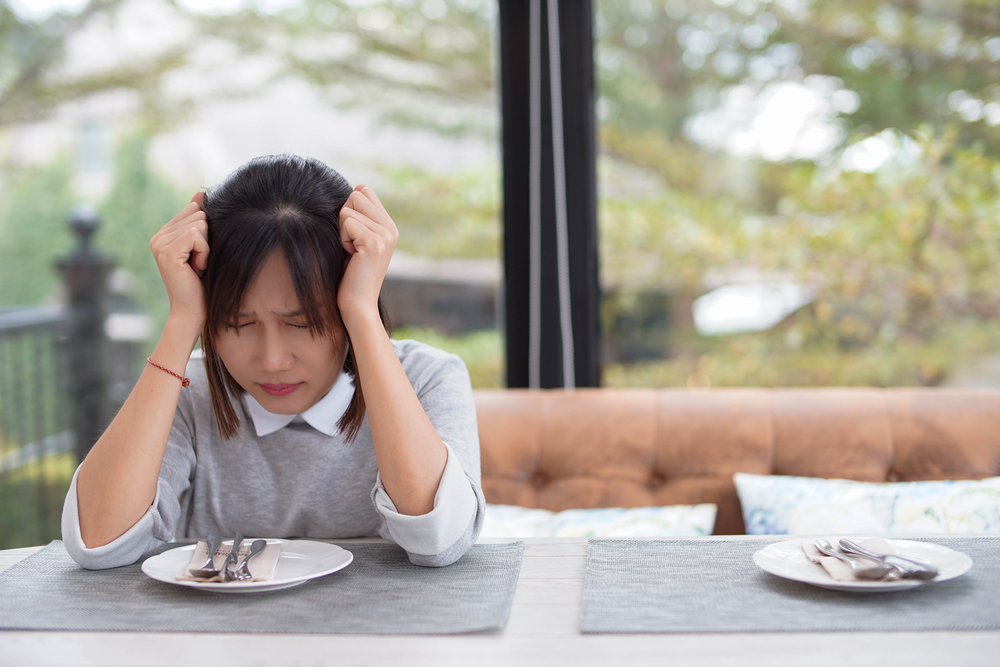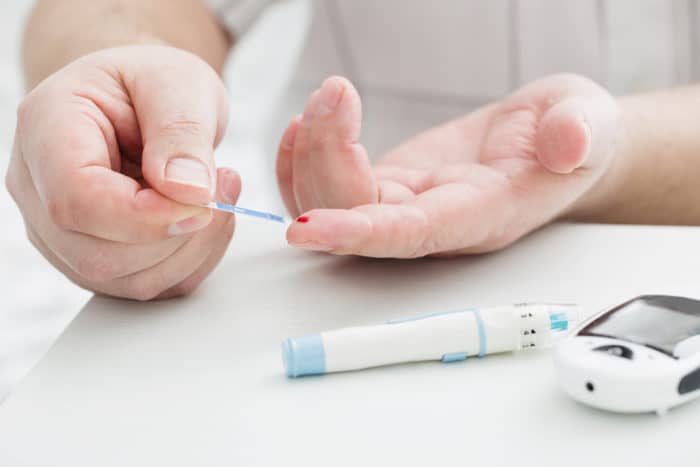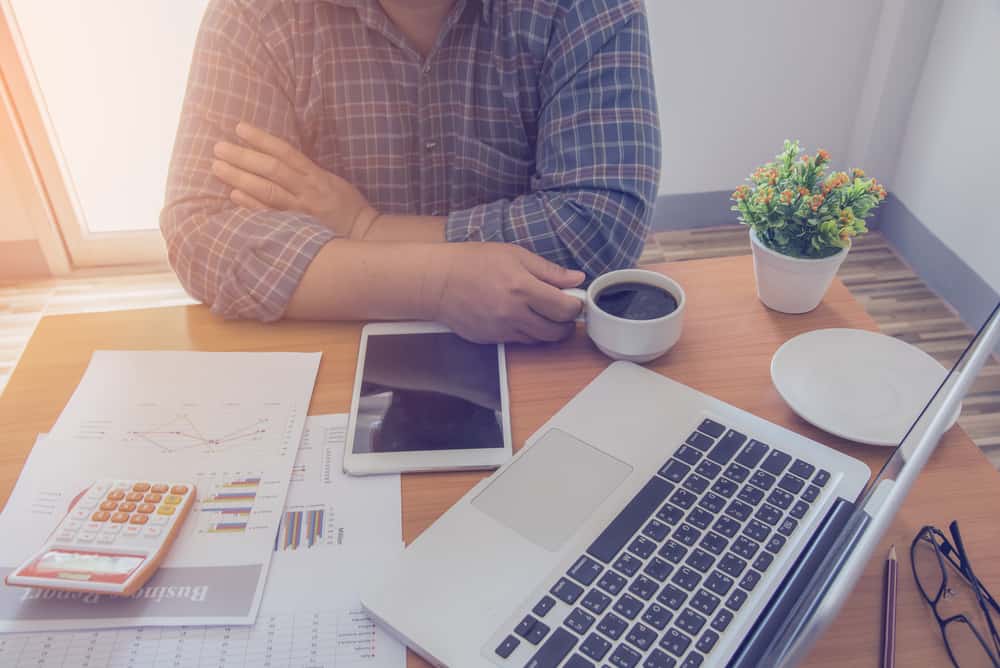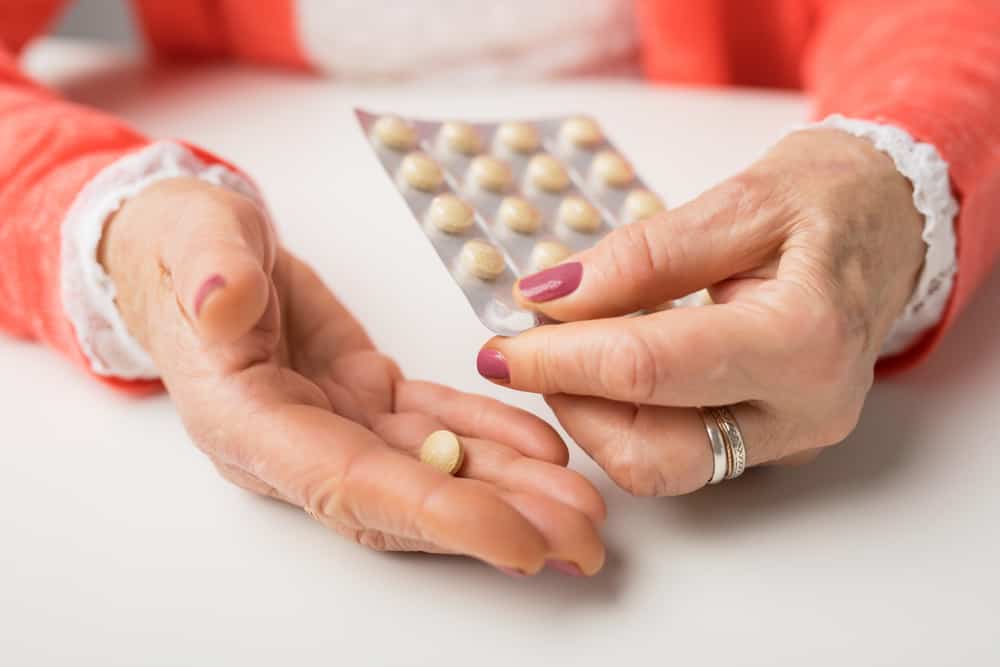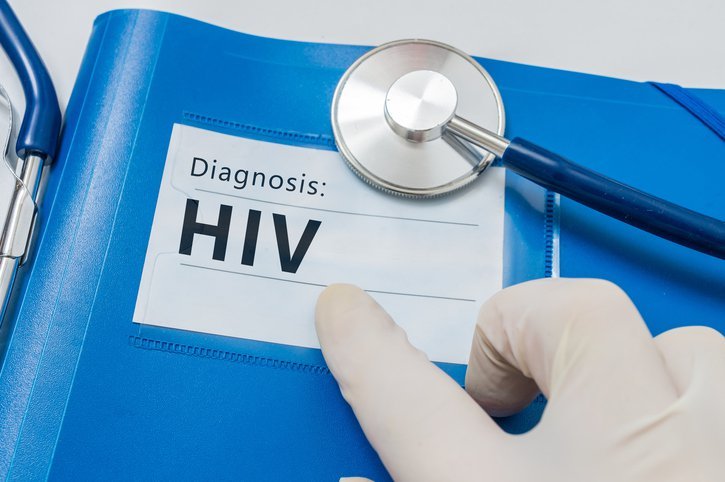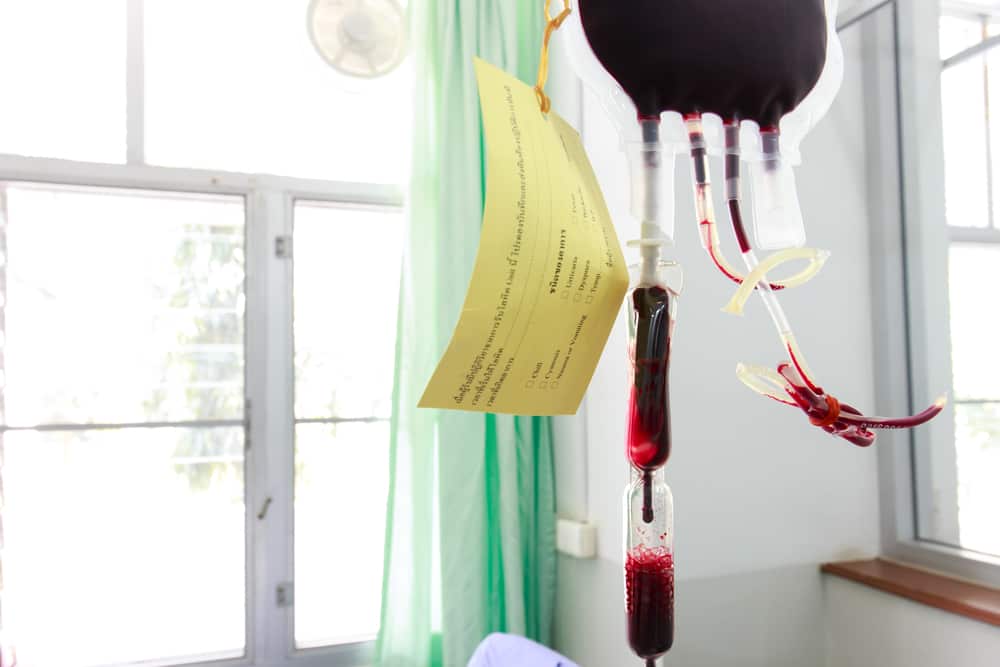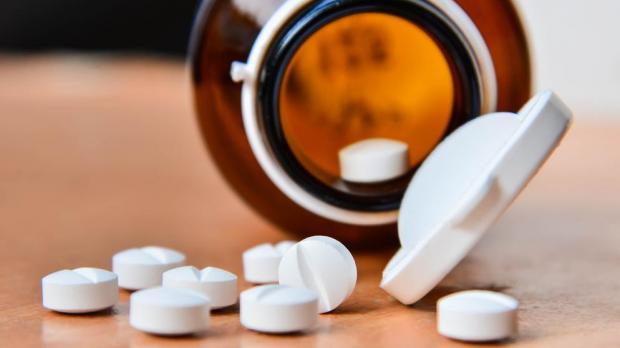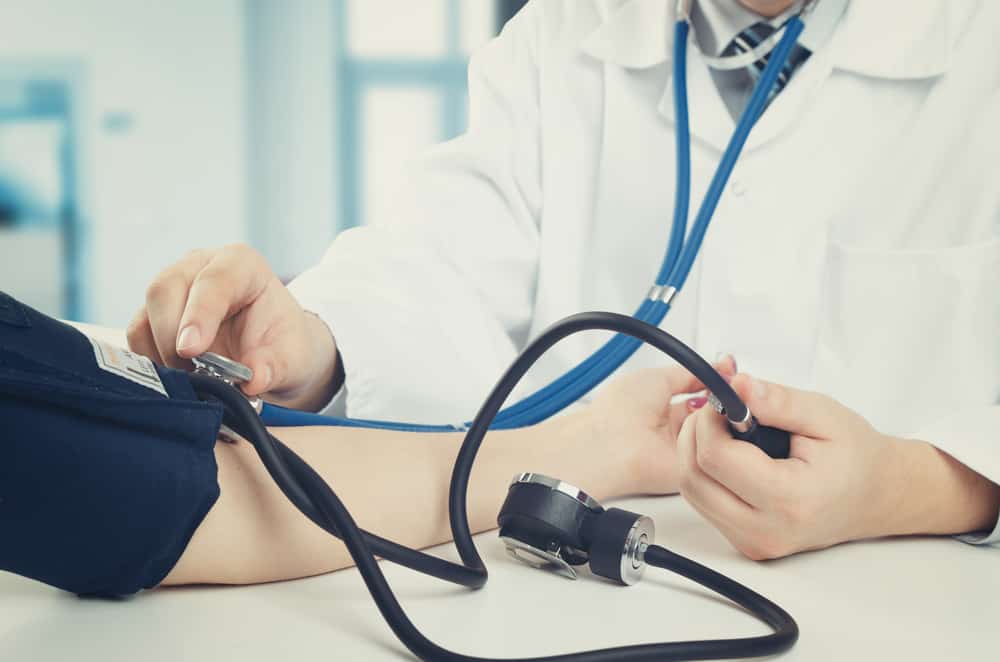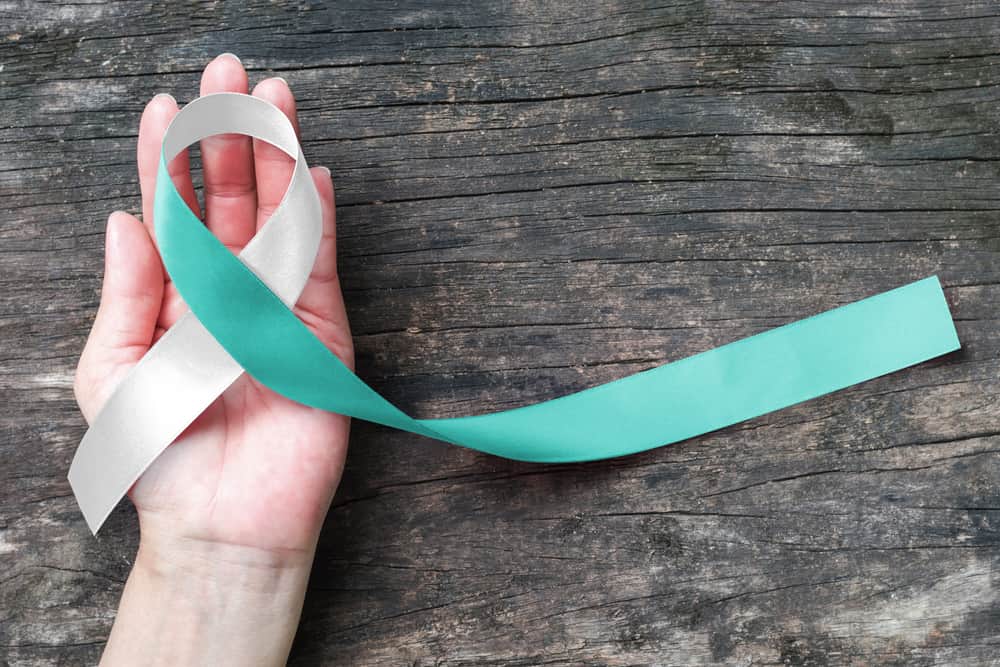Contents:
- Medical Video: My Blood Sugars Won't Come Down on a Keto and Intermittent Fasting Plan
- What is normal blood sugar?
- Why does blood sugar after meals usually go down?
- Prevent hypoglycemia after eating
Medical Video: My Blood Sugars Won't Come Down on a Keto and Intermittent Fasting Plan
As reported in Diabetes, Obesity and Metabolism in 2016, 83 percent of people with type 1 diabetes experience hypoglycemia (low blood sugar) at least once a month, while 47 percent of people with type 2 diabetes experience hypoglycemia at least once a month. Generally, diabetes blood sugar levels become low after they eat. Why does blood sugar after eating go down, shouldn't it rise after being filled with food? Come on, see the answer here.
What is normal blood sugar?
Launching from the WebMD health site, normal fasting blood sugar levels are below 100 mg / dL. While blood sugar levels after meals (postprandial, taken 2 hours after eating) which is below 140 mg / dL.
Well, unfortunately blood sugar after a meal can drop suddenly in people with diabetes. This condition is known as hypoglycemia. Hypoglycemia is generally characterized by symptoms such as dizziness, pallor, trembling, blurred vision, weakness, palpitations, sweating, until fainting.
Why does blood sugar after meals usually go down?
To answer this question, Hello Sehat discussed with an endocrine specialist and molecular diabetes expert from the Department of Internal Medicine Cipto Mangunkusumo Hospital (RSCM), dr. Dante Saksono H. Sp.PD-KEMD, Ph.D.
"If we have a normal pancreas, not diabetes, insulin will be produced naturally so we can use sugar as food for our cells. Well, insulin production occurs automatically by the pancreas. When you eat in certain portions, the amount of insulin produced will be adjusted to your portion of food. If you eat a little, insulin also comes out a little. Eat a lot, which means there is a lot of insulin, "said Dr. Dante when met at RSCM, Central Jakarta on Wednesday (10/24).
"But, if we use (injecting drugs) insulin coming in from outside, the amount will be constant," continued Dr. Dante. This is certainly different from the body's natural insulin whose amount can be adjusted to your meal portion. Injectable insulin will stay in dosage, no matter how much or how little you eat.
"So for example you are injected with insulin with dose A, but you eat very less, then the insulin becomes excess. That is what ultimately becomes hypoglycemia. "
In short, blood sugar after eating may go down if you eat less than usual, while you still use insulin injections. The additional insulin will then continue to process sugar until the levels in the blood drop.
Prevent hypoglycemia after eating
Take it easy, it does not mean that insulin must cause hypoglycemia aka low blood sugar. According to Dr. Dante, precisely the main key to maintaining blood sugar after eating is still normal is to keep the portion (amount) of food constant. Do not suddenly eat a lot or a little.
In addition, you should also maintain healthy foods and eat on the same and regular schedule every day. Do not get because you are afraid that blood sugar rises, so you do not consume carbohydrates at all or deliberately do not eat so that blood sugar levels drop dramatically. In addition, you also have to set the same schedule when injecting insulin to keep your blood sugar levels under control.

